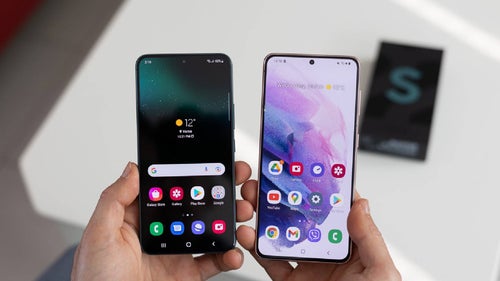Facebook launches new privacy tools to protect teens

Facebook is taking another step toward strengthening teens protection by introducing a new set of privacy tools. The social app announced today some updates to its policy of protecting young people from harm. After releasing similar features last year with the purpose of restricting adults from messaging teens they aren’t connected to, this year Facebook plans to introduce new ways to protect teens from messaging suspicious adults they aren’t connected to.
As per Facebook’s statement, a “suspicious” account is one that belongs to an adult that may have recently been blocked or reported by a young person (among other things). Additionally, Facebook introduced another layer of protection by removing the message button on teens’ Instagram accounts when they’re viewed by suspicious adults. Both these features are now being tested by Facebook and will be made generally available if they prove to be efficient.
More importantly, Facebook released new privacy defaults for teens using its social app. Starting today, Facebook users under the age of 16 (or under 18 in certain countries) will be defaulted into more private settings when they join the service. Those who are already on the app are encouraged to use these more private settings for:
Finally, Facebook announced that it’s working with the National Center for Missing and Exploited Children (NCMEC) to create a global platform for teens who are worried intimate images they made might be shared on public online platforms without their consent.
New safety tools have been announced too, in the form of notifications which will prompt teens to report accounts after they block someone, as well as safety notices that contain information on how to navigate inappropriate messages from adults.
More importantly, Facebook released new privacy defaults for teens using its social app. Starting today, Facebook users under the age of 16 (or under 18 in certain countries) will be defaulted into more private settings when they join the service. Those who are already on the app are encouraged to use these more private settings for:
- Who can see their friends list
- Who can see the people, Pages and lists they follow
- Who can see posts they’re tagged in on their profile
- Reviewing posts they’re tagged in before the post appears on their profile
- Who is allowed to comment on their public posts
Finally, Facebook announced that it’s working with the National Center for Missing and Exploited Children (NCMEC) to create a global platform for teens who are worried intimate images they made might be shared on public online platforms without their consent.










Things that are NOT allowed: